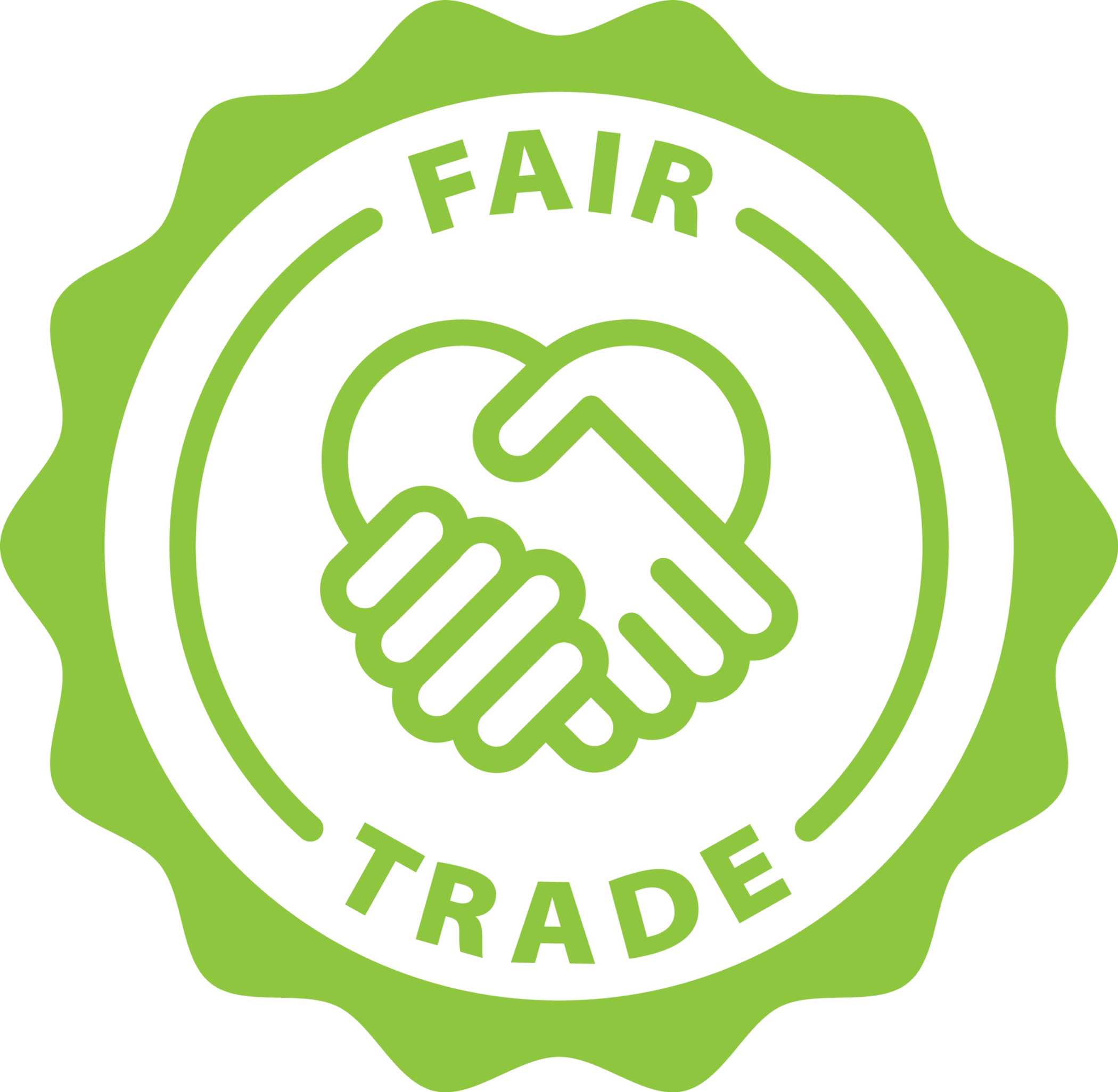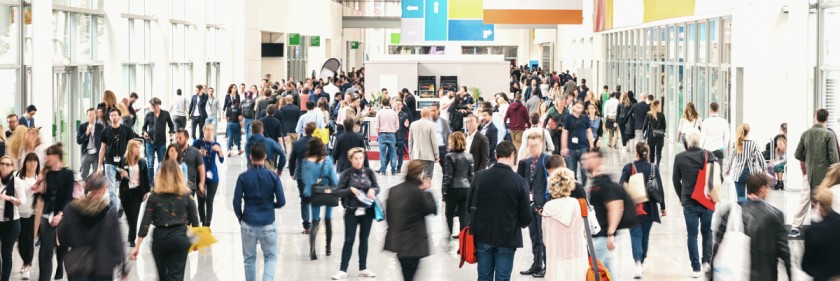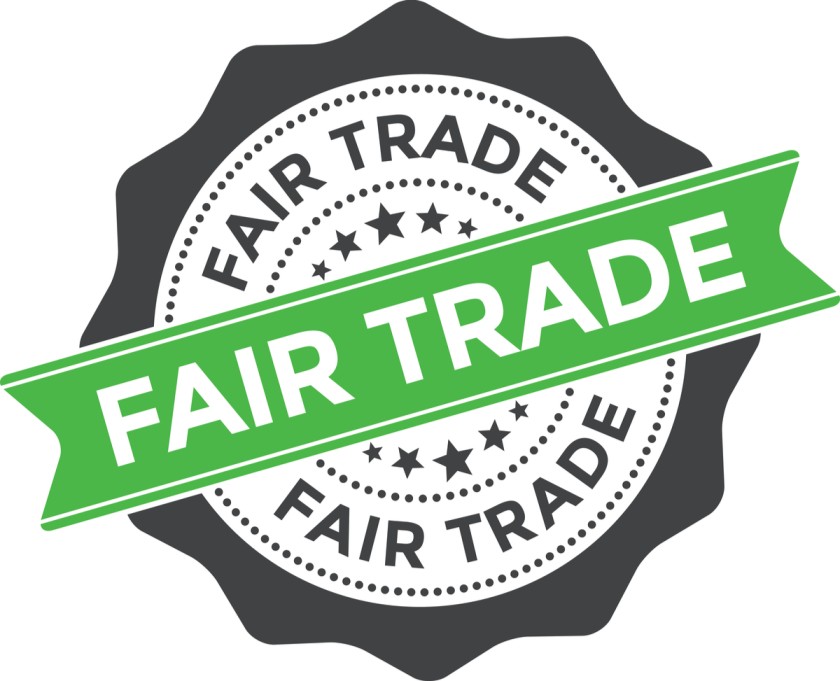The True Meaning Of Fair Trade: What Fairtrade Is All About



While we all may have heard of Fair Trade, there is a possibility that we are not entirely aware what fair trade is. Is it an organization? Is it a set of guidelines? Is it a workers’ collective? We have all seen labels of apparel mentioning ‘Fair Trade Certified’ when we shop as consumers. But at the other end of the equation, as the creators of these apparel, we must understand what is fair trade and what is fair trade certified apparel. Only when we understand this will we be able to identify whether we can add the certification to our labels!
There are a lot of things that get talked about when we consider the fashion industry as a whole. Many good things exist, but yes, there are a few areas that require potential improvement too. It is well known and accepted that we face intense pressure to meet the never-ending customer demand, with the pressure flowing downstream into the supply chain. This has led to unsafe working conditions and sometimes even disasters like the Rana Plaza Disaster in 2013. Movements like the Fashion Revolution have started gaining momentum to ensure these risks are mitigated.
However, much before that, a movement started worldwide to empower every member of the supply chain. This was the origin of fair trade. With the focus shifting from the final piece of clothing to its journey through the creation process, fair trade has garnered increasing attention recently but the concept has been around for quite some time.
So, What IS Fairtrade?
To answer the question, “What is Fair Trade?” in absolutely simple terms – Fair Trade is a global movement that brings together the different players in the fashion supply chain to ensure certain standards are followed at every step. These standards are clearly defined to make sure the industry acts in a sustainable manner and promotes the well-being of its participants, whether it is the people or the planet.

Participants in Fair Trade
Like any global strategy or plan, fair trade cannot be practiced in isolation by an entity. It is based on the collaboration of everyone involved, and thus there are several participants in the movement. Here are some of the most important contributors to the cause:
- Certifying Agencies – A certifying agency is a critical pillar of fair trade. Third-party, independent certifying agencies verify that the final product we are dealing with adheres to fair trade. When we see a label that says a product is fair trade certified, we are looking at the confirmation from one of these certifying agencies. They assess the whole supply chain of an apparel manufacturer and certify them when satisfied with the processes being followed. Many such agencies are operative around the world and each of these agencies may differ slightly in their definition of what is fair trade, but the core principles remain the same. Some of the pre-requisites common across the agencies include
- Working conditions of the workforce are satisfactory and not dangerous.
- There is no child labor, forced labor, or any other such illegal means being employed.
- The resources are produced and extracted in a sustainable manner.
- Workplace safety is discussed and understood by all.
- The producers receive a premium on their output, which is put to use for communal needs.
- Every aspect of the supply chain is clear and transparent for the customers to understand.
- Producers – They form the core of the entire supply chain, not just for our industry, but for any industry. These are the people who produce our raw material – be it the farmers growing cotton or the breeders breeding silkworms. These are also the workmen who put together the raw materials – weavers, craftsmen, tailors. Anyone and everyone who contributes to creating a piece of clothing is a producer in our industry.
When we wonder what is fair trade, the answer is simple. It is essentially providing safe working space to these producers and ensuring that their standards of living are constantly upgraded. At the same time, fair trade also ensures that our producers do not exploit the resources available because any resource on Earth is finite. The practices of our industry should not harm the environment in any way. Thus, promoting organic farming practices, reducing water usage, and minimizing pollution all are inherent parts of fair trade.
Also Read: Gender Pay Gap in the Apparel Industry: What Needs to Change?
The idea of fair trade includes not just providing a safe working space but also a better lifestyle for the communities the producers belong to. Thus, fair trade practices include the payment of premiums to the producers. These premiums are an amount over and above the wage for the workers. The pre-requisite being, these premiums are used for a community development project. Whether it is access to safe drinking water, training, and adoption of climate-friendly farming techniques, or building schools for the children, the community development projects lead to an overall improvement in quality of living.
- Businesses – This is another crucial component of the entire value chain and is highly relevant to. This component is about businesses that create a vision and catalog for the next fashion collection. However, as we work towards making this vision a reality, we are the ones who need to enforce the underlying principles of fair trade. For this simple reason, it is imperative to have a good understanding of what is fair trade.
If you are a clothing brand looking for Fairtrade Certified Manufacturers, we can connect you to some of the industry's best in 24 hours. For any enquiry or consultation, click here!
Having a certification from a known fair trade certifying agency asserts the values that we follow as a business and as an employer. This makes the consumers aware of the passion and hard work behind each of the collections that we put together. However, to get the certificate, there is some amount of homework that needs to be done. We need to have a thorough understanding of what is fair trade certified apparel. Then we need to ensure that all the requirements are being adhered to before we reach out to an agency for certifying our apparel. A bit of hard work in the initial stages can go a long way in making the world a better place and our businesses prosper simultaneously!
- Consumers – Last but not least, there are the consumers. Everything we produce or sell is for a consumer to buy. If there are no consumers, a business cannot exist, and a producer’s output is of no use. Thus, consumers play a vital role even in fair trade. While they may not be directly involved in producing or selling the apparel, they are the ones who will buy it. If our consumers demand fair trade certified apparel, we have to make sure to create those.
Also Read: 10 Sustainable fabrics for most eco-friendly fashion
The information presented above is a basic understanding of the true meaning behind fair trade and how we as businesses can adopt these practices. However, an important point needs to be kept in mind, especially for the small and medium businesses amongst us. Fair trade certifications may be expensive.

If we are starting out, or even if we have been around for some time and our supply chain is local, getting the expensive certification may not fit in our budget. Most certifying agencies are global, with the audit process contributing significantly to the cost. That does not mean in any way that we can never be certified. It is recommended to go for the certification if there is a budget or the business operations are widespread. This is because most of our customers are slowly beginning to differentiate between what is fair trade certified and what is not. So, now that we have understood what is fair trade, we should try and follow the principles, irrespective of the size of our business operations.



















